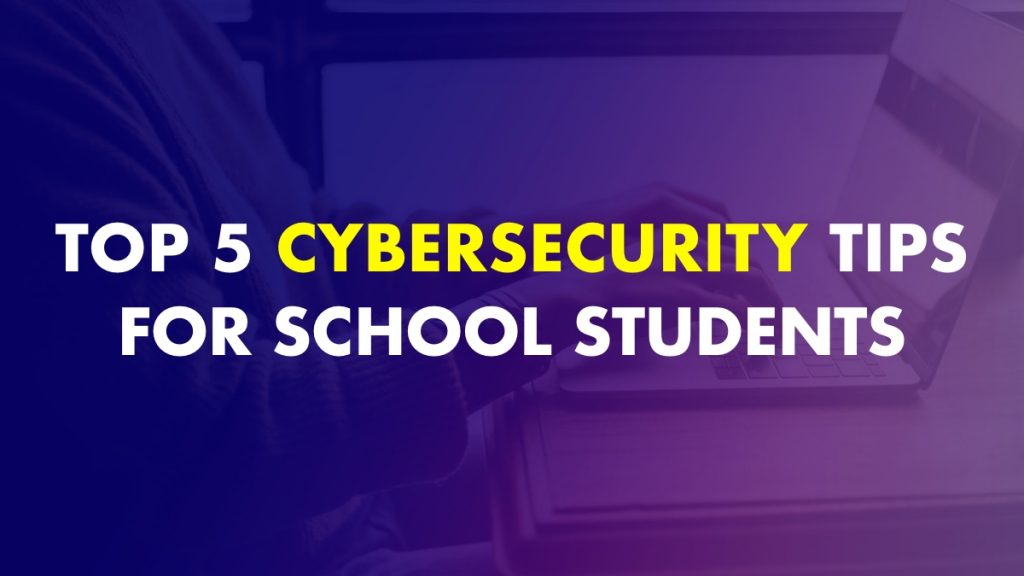The new school year is starting soon, and every kid and staff must be excited to experience things afresh. But, do you know this is the time of the year when cybercriminals are keenly waiting for more student information to be uploaded that they can take advantage of?
Though there is not as much pressure of cyberattacks as faced in the financial services industry, the education sector is always on hackers’ target list. The sheer amount of technology available in these institutions – from computer labs to BYOD devices adds a high vulnerability.
Besides, the systems are accessible to a large population of students and teachers all the time, and no one knows when an insider becomes the culprit. And even if everyone is and remains clean in their intentions, there is always a varying degree of technical knowledge that may cause negligence and quickly become the gateway for hackers to break into the network.
If that worries you, here are few tips to safeguard yourself –
1. Share Wisely
It is essential to know the implications of the information anyone shares online or on social media. Posting sensitive details over Instagram, Twitter, or Facebook makes the student a prime target for identity theft. Awareness is the key here. Reviewing the privacy settings of each platform stops outsiders from peeping in.
2. Use Encrypted Websites and Applications
Encryption technology ensures that network snoopers do not access the data that is being shared digitally in any way. So, students should use secured websites that say HTTPS in their URL. In mobile applications, checking their privacy policy is important – there would be an official stamp from a data protection organization.
3. Protect Laptops and Mobile Phones
One shouldn’t be leaving a laptop or cell phone open for anyone to access, even when present in the dorm room. The damage can be as little as your roommate messing up with the school work or as major as someone accessing the bank account information.
4. Pick Strong Passwords
It is worth mentioning each time as there are still many students that aren’t careful while setting up their passwords. Many use their names or date of birth or something else that is easy to guess by hackers. To avoid becoming a victim to it, they must use passwords that include a combination of symbols, numbers, uppercase, and lowercase letters and also change them often.
5. Beware of Phishing Scams
Phishing is a method of trying to gather personal information using deceptive e-mails and websites. The student can be tricked to believe that the message is from a faculty member or school authorities and click a link or download an attachment.
The student can end up giving confidential information or a virus attacking his/her system and deleting important data. Precaution is the only way out. If there are any files or documents lost, get in touch with specialists offering data recovery services.
That won’t make up for the mental trauma the student has undergone, but at least he/she will get back the data that got deleted or formatted as a result of a cyber-attack.
